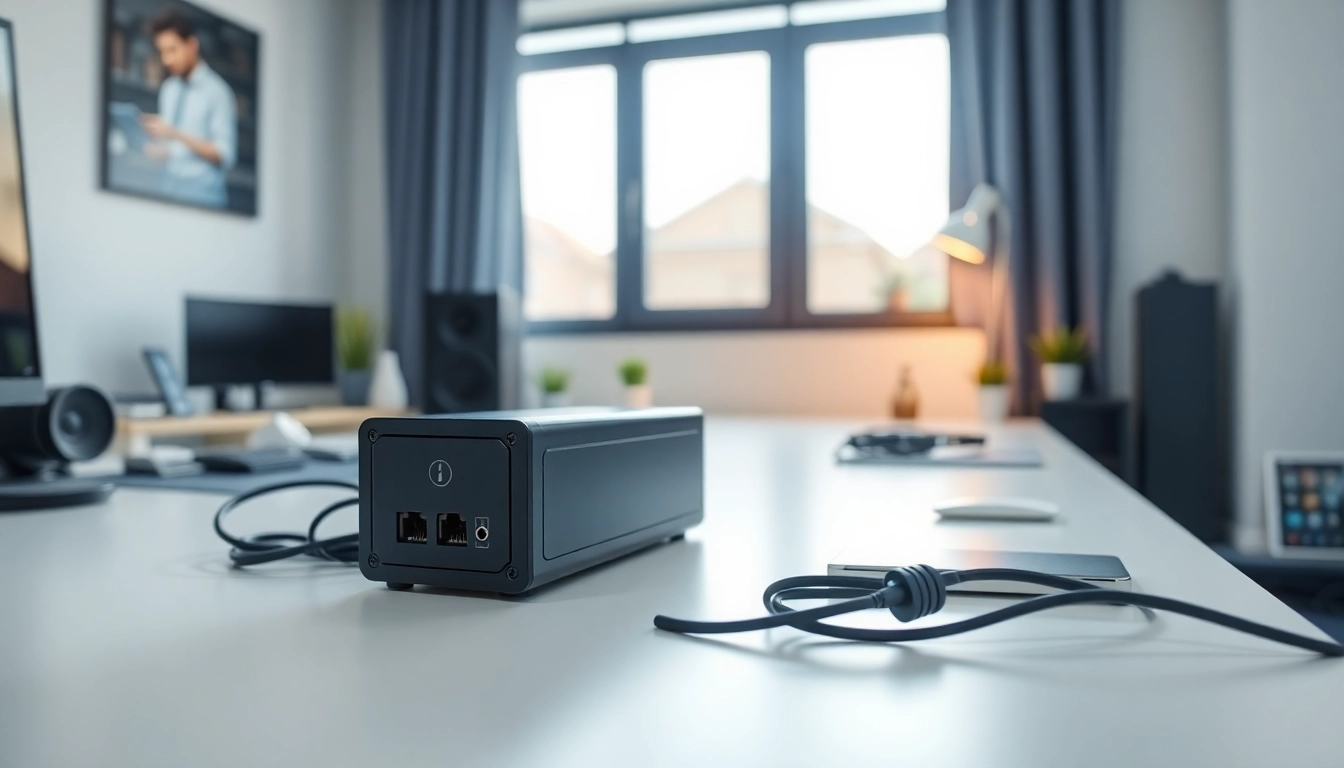
Understanding the Importance of LinkedIn Reintroductions
In the ever-evolving landscape of professional networking, reintroducing yourself can act as a powerful catalyst for renewed connections and opportunities. Whether it’s been a while since you last engaged with your network or you’ve recently transitioned into a new role, knowing how to reintroduce yourself on LinkedIn can set the stage for meaningful interactions. In this comprehensive guide, we will explore the significance of this practice, the nuances involved, and best practices to ensure you make a lasting impression.
Why Reintroduce Yourself on LinkedIn?
Reintroducing yourself on LinkedIn is essential for several reasons:
- Changing Professional Landscape: As careers progress, roles and responsibilities evolve. A reintroduction allows you to present your current professional identity and objectives.
- Networking Opportunities: Engaging your network can uncover new opportunities, whether job positions, partnerships, or collaborations that may have otherwise gone unnoticed.
- Keeping Connections Warm: Regular updates can reignite connections with former colleagues or connections, deepening relationships and creating a supportive professional community.
Identifying the Right Audience
Before crafting your message, it’s crucial to identify who your audience is. Consider the following steps:
- Analyze Your Current Connections: Review your LinkedIn network and categorize your connections by industry, role, and relationship history.
- Target Key Contacts: Focus on individuals who may benefit from rekindling your professional relationship, such as former colleagues, mentors, or industry peers.
- Engage in Relevant LinkedIn Groups: Participate actively in groups relevant to your field to find potential new connections that share your interests.
Benefits of a Strong LinkedIn Presence
Having a strong presence on LinkedIn offers numerous advantages, including:
- Increased Visibility: A well-maintained profile showcases your expertise and makes you more visible to recruiters and potential collaborators.
- Enhanced Credibility: Regular engagement and sharing valuable content establish you as an authority in your field.
- Access to Opportunities: A robust network can lead to job offers, business opportunities, and partnerships that arise from mutual connections.
Crafting Your LinkedIn Reintroduction Message
Once you’ve identified your audience, the next step is to craft an effective reintroduction message. Here are key components to consider:
Key Elements of an Effective Message
Your reintroduction message should include:
- A Friendly Greeting: Start with a warm, personal touch that shows genuine interest in reconnecting.
- Clear Purpose: Define why you’re reaching out. Is it to share an accomplishment, announce a career change, or seek advice?
- Call to Action: Invite the recipient to engage further, whether through a meeting, coffee chat, or simply continuing the conversation online.
Incorporating Personal Branding
When reintroducing yourself, weave in elements of your personal brand:
- Showcase Your Unique Value: Highlight what sets you apart. This could include your skills, experiences, or what you’re passionate about in your industry.
- Alignment with Professional Goals: Connect your messaging to your current objectives, showing how your skills align with the interests of your audience.
- Consistent Tone: Ensure the tone of your message reflects your professional brand—whether that’s formal, friendly, or a mix of both.
Examples of Successful Reintroductions
Here are a few examples to illustrate effective reintroduction messages:
- Example 1 – Career Change: “Hi [Name], it’s been a while! I hope you’re doing well. I wanted to share my recent transition to [New Role] at [New Company] and would love to catch up over coffee if you’re available!”
- Example 2 – Sharing Knowledge: “Hello [Name]! I recently completed a project on [Topic] that I believe aligns with your work. I’d love to share insights and hear your thoughts when you have a moment.”
Best Practices for Engaging with Connections
Crafting the perfect message is just the first step. Engaging effectively with your connections is equally important. Here are some best practices:
Timing Your Reintroduction
Choosing the right moment to reintroduce yourself can enhance your message’s effectiveness. Consider these timing strategies:
- Post-Event Networking: If you’ve just attended a conference or networking event, follow up with new contacts while the conversations are still fresh.
- On Milestones: Utilize significant moments—such as job anniversaries or promotions—to launch your reintroduction.
- Industry News: Tying your message to recent news or trends in your industry can provide relevance and urgency to your outreach.
Utilizing LinkedIn Features
LinkedIn has numerous features designed to foster engagement. Here are a few you can leverage:
- Post Updates: Share regular updates about your professional journey, achievements, or industry insights—these keep your network informed and engaged.
- LinkedIn Stories: These can provide a more personal, behind-the-scenes view of your professional life, making your outreach more relatable.
- Engage with Content: Like, comment on, or share posts from your connections to keep the dialogue flowing and demonstrate your interest in their work.
Following Up Effectively
Once you’ve sent your reintroduction message, consider these strategies for following up:
- Set Reminders: Keep track of when you reached out and follow up within a week if you haven’t heard back.
- Value-driven Follow-ups: When you do follow up, provide additional value, such as an article related to your previous discussion or simply asking how their work is going.
- Be Respectful: Always be courteous and understand that connections may not have immediate availability to respond.
Common Mistakes to Avoid When Reintroducing Yourself
A successful reintroduction hinges not only on what you say but also on avoiding common pitfalls. Here are mistakes to steer clear of:
Overly Formal Tone
Many individuals err by adopting an overly formal tone, which can create distance. To connect genuinely, match the tone of your message with the relationship you have or wish to build.
Lack of Clarity and Purpose
If your message lacks a clear objective, your connections may not find it compelling. Always ensure your reintroduction has a specific purpose and communicates that to the recipient.
Ignoring Engagement Opportunities
Simply sending a reintroduction is not enough; next steps should always be included. Encourage responses and momentous interactions that maintain engagement beyond the initial message.
Measuring the Success of Your LinkedIn Reintroduction
After your reintroduction, monitoring its impact is critical to inform your future interactions. Consider these metrics and methods:
Tracking Engagement Metrics
Keep track of various metrics to assess the effectiveness of your reintroduction:
- Connection Requests: Did you receive new requests from your connections after the reintroduction?
- Responses: How many people replied to your message, and what was their level of engagement?
- Post Engagement: If you shared a post, monitor likes, comments, and shares to gauge interest in your content.
Gathering Feedback from Connections
As you engage further, ask for feedback on your reintroduction or your ongoing content to learn what resonates best with your network.
Adjusting Your Approach Based on Insights
Analyze the data and feedback to refine your reintroduction strategy. If certain messages resonate more than others, lean into that style or content in future interactions to bolster engagement.
In conclusion, reintroducing yourself on LinkedIn is not merely a one-time event but an ongoing practice that can significantly enhance your professional relationships. By employing the strategies outlined in this article, you can ensure that your LinkedIn presence remains impactful, fostering opportunities and growth in your professional journey.







